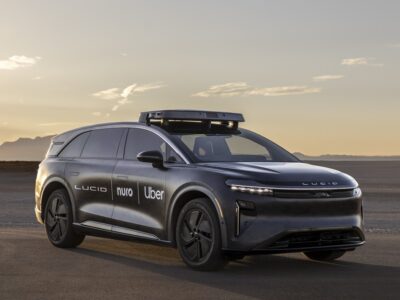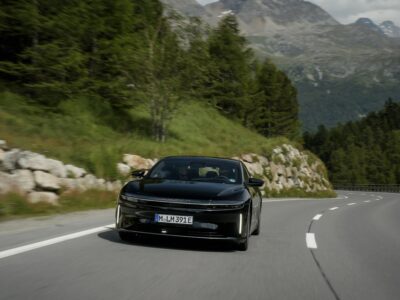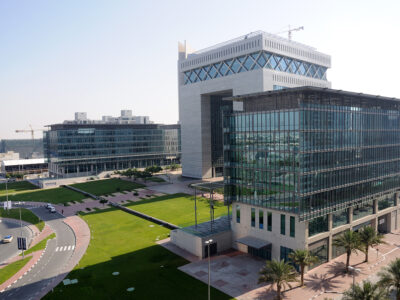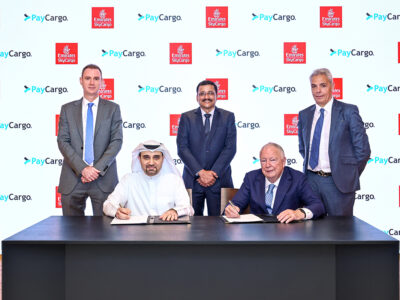Seven out of 10 Saudi residents (71 percent) revealed that they are most likely to purchase a battery-electric vehicle (BEV), according to recent data by Alix Partners.
The demand is anticipated to further incline to over 85 percent of the population by 2035, however, safety, complexity and aftermarket concerns prevail.
Globally, the main cause of concern for EV consumers remain costs and charging.
Alessandro Missaglia, Partner & Managing Director, AlixPartners commented: “In Saudi Arabia, we’re witnessing a parallel trend to the USA and Europe, where BEV-intentioned buyers are increasingly considering plug-in hybrid electric vehicles (PHEVs) as viable alternatives. This shift reflects consumers’ desires to address immediate needs while mitigating charging and range concerns. As traditional automakers, suppliers, and dealers adapt to this transition, they face significant challenges in balancing present and future demands.”
In line with the rising demand, Chinese BEV manufacturers are lined up for international expansion, with most Saudi consumers revealing that they have the highest awareness of Chinese BEV brands.
Ninety-three percent of consumers said that they are ‘very likely’ or ‘moderately likely’ to buy BEVs with the awareness of at least one Chinese brand. BYD led the poll with the most recognition.
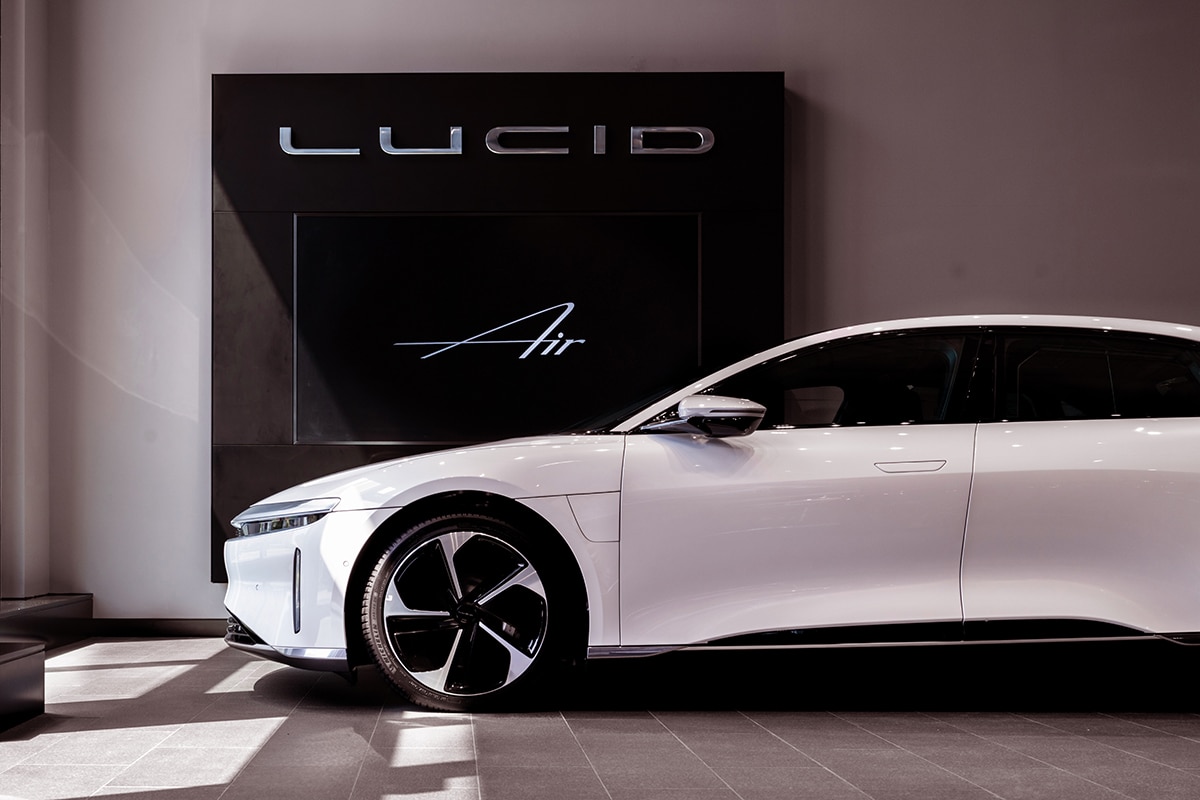
“Interestingly, our survey highlights a substantial awareness of Chinese BEV brands, in fact highest, in Saudi Arabia, which coincides with the high share of Chinese brands in the kingdom (16 percent). However, the imminent production of Lucid and Ceer is poised to disrupt existing market dynamics. As a result, we anticipate a potential shift in brand awareness and consumer preferences, underscoring the need for agile strategies from both Chinese and local manufacturers to sustain their competitive advantage in Saudi Arabia’s rapidly evolving EV landscape,” Missaglia added.
The survey included 1,000 respondents in 10 markets that represent over 80 percent of global BEV sales.
